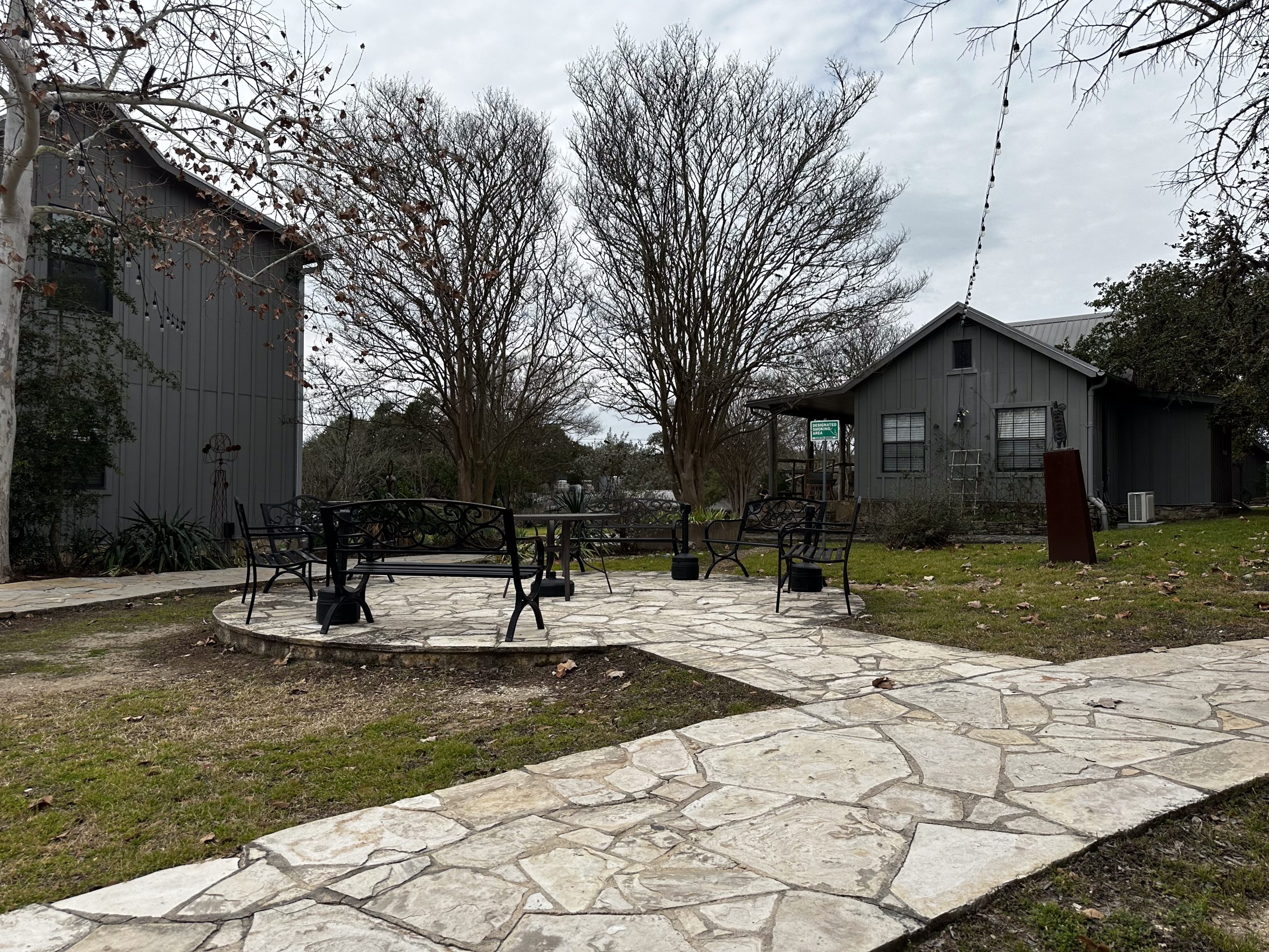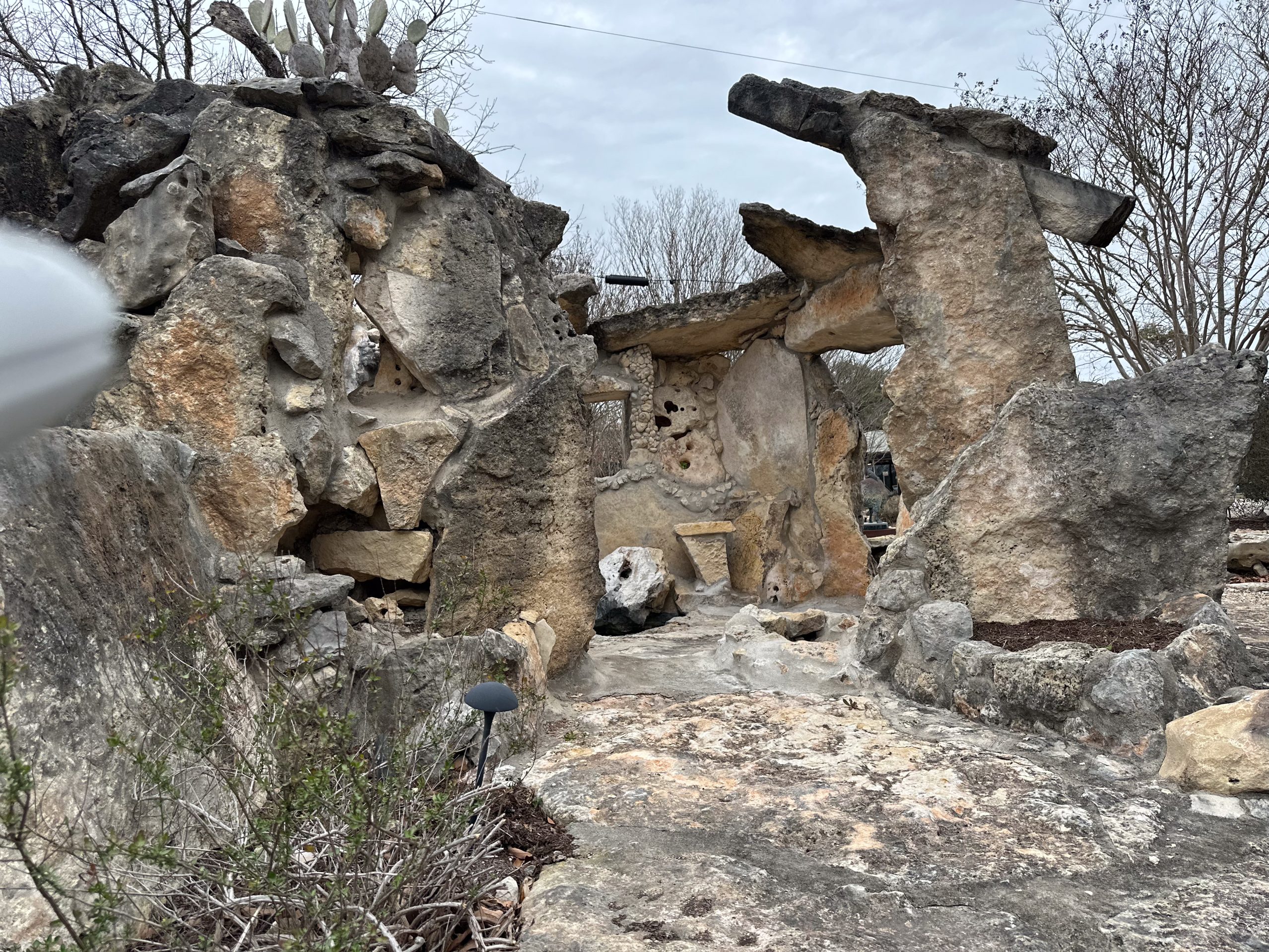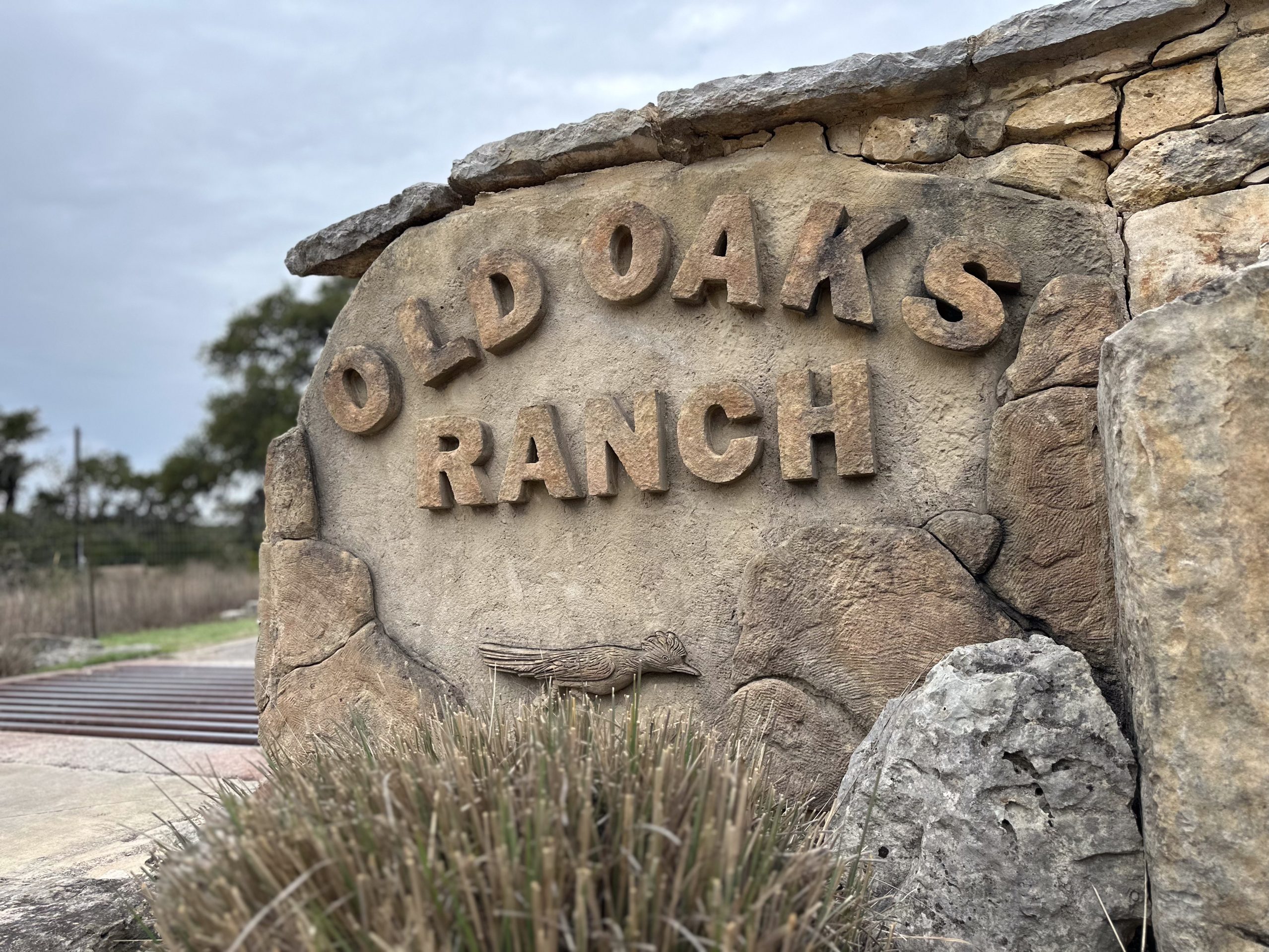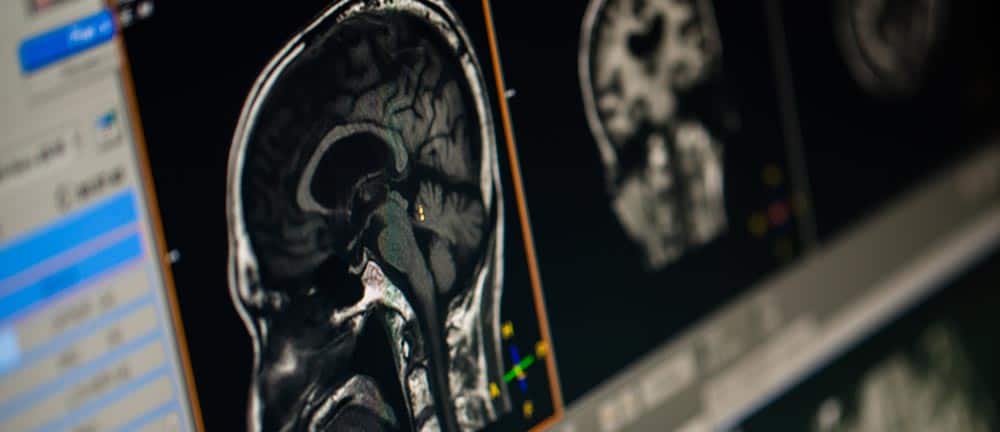Last Updated on October 15, 2025
Is Addiction a Disease?
At a Glance: Is Addiction a Disease?
- Addiction is recognized by medical experts as a chronic brain disease that affects both behavior and brain chemistry, not simply a lack of willpower or moral failing.
- It develops through changes in the brain’s reward and motivation systems, driven by prolonged substance use and reinforced by genetic, psychological, and environmental factors.
- The disease model of addiction highlights the need for comprehensive treatment, including detox, behavioral therapy, and long-term recovery support.
- Early intervention and professional help can significantly improve recovery outcomes and reduce the risk of relapse.
- Understanding addiction as a disease helps reduce stigma and encourages individuals to seek help through evidence-based programs like those at Nova Recovery Center.
Table of Contents
Addiction continues to pose a critical health crisis in the United States. In 2024 alone, approximately 54,743 people died from opioid overdose, marking a notable recent decline in overdose fatalities. At the same time, excessive alcohol use remains responsible for nearly 178,000 deaths each year, making it one of the nation’s leading preventable causes of death. With addiction continuing to drive premature mortality across the country, it is vital to maintain an evidence-based understanding of what addiction is and how it can be effectively treated.










What is the Definition of Addiction?
Yes. Addiction is a chronic, treatable disease that alters brain reward and control circuits. Findings from decades of research support the conclusion that addiction is a chronic brain disease.
Some people choose to dispute this claim and argue that addiction occurs as a result of a series of bad choices and a lack of willpower. However, addiction is defined as a chronic disease by several reputable and well-known organizations and medical associations, including:
- The American Psychiatric Association
- The American Medical Association (AMA)
- The American Society of Addiction Medicine
- The National Institute on Drug Abuse.
Freedom Starts Here. Take Back Your Life Today.
Same-Day Admissions in Austin Available.
What is the Disease Model of Addiction?
According to the Center on Addiction, the disease model of addiction states that addiction is a disease that is caused by a combination of behavioral, environmental, and biological factors. A person’s genetics can also have a great impact on the likelihood that they will develop an addiction (about 50 percent).
The disease model of addiction also makes it clear that addiction changes the way the brain functions, and that if left untreated, addiction may increase in severity and eventually become life-threatening.
Although the disease model of addiction is strongly supported by scientific evidence, it is still controversial. Some experts and individuals do not believe the evidence supports this, that its distinction as a disease has not led to more effective treatment methods, and that its impact on public policy has been modest.
How Does Addiction Change the Brain?
We mentioned above that drug and alcohol addiction changes the way the brain functions. But how? To put it simply, addiction hijacks the brain in three main ways:
- It changes the way the brain communicates
- It changes the brain’s natural chemistry and balance
- It changes the brain’s structure and functions
When a person abuses drugs or alcohol, the brain releases a powerful surge of dopamine, which is a neurotransmitter that naturally exists in the brain. It also releases glutamate, which is another neurotransmitter that makes a person remember the extreme pleasure and euphoria they felt when they were under the influence—learn more about how addiction changes the brain.
Over time, with continued drug and alcohol abuse, the brain rewires itself to prioritize the drugs over everything else, including the necessities for life like food, water, and sleep.
Chronic substance abuse destroys a person’s sense of self-control and the addiction is characterized by compulsive substance abuse behaviors, despite the negative side effects and consequences they may experience.
The effects of addiction should be no surprise when you consider the three main parts of the brain that drug abuse affects:
| Brain Region | Primary Function |
|---|---|
| Limbic system | Remembers pleasure; motivates repeat behavior |
| Prefrontal cortex | Decision-making, self-control, reasoning |
| Midbrain | Basic survival / fight-or-flight |
Why Isn’t Willpower Enough to Overcome Addiction?
Willpower is a powerful tool and motivator, but even the most determined people will struggle to overcome a substance use disorder without help.
At some point, an addicted person probably believed they had their substance use under control, but despite their best efforts, it got out of control. Regaining control of a lifestyle of addiction often requires professional assistance and behavioral therapy— for structured care, consider outpatient alcohol rehab austin tx. Although willpower is an important part of recovery, it’s not the only ingredient.
Additionally, making the decision to get sober is an essential part of recovery, but in order to be successful in that endeavor, most people need support. Going it alone makes it all too easy to give up and relapse when things get difficult.
Relying on willpower alone to overcome addiction also encourages the idea that a person doesn’t need anyone else to succeed in recovery. On the contrary, peer support is regularly cited as one of the most important aspects of a successful recovery from addiction. In addition to health, home, and purpose, a sober community can round out a lifestyle of recovery by providing support, hope, and friendship.
Treating Addiction as a Disease
Addiction is a chronic disease that requires ongoing management over the course of a person’s life. Effectively treating addiction requires treatment for the whole person, not just the symptoms of addiction.
A fruitful treatment program for addiction should consist of several different treatment episodes, including alcohol detox center in austin, inpatient alcohol rehab austin, and aftercare services like IOP, peer support and monitoring, or a sober living program in Austin.
The addiction treatment process is often comprised of the following methods:
- Medical care (sometimes with medications)
- Individual counseling
- Group counseling
- Family therapy/support
- Cognitive behavioral therapy
- Chemical dependency education
- Peer support
- Relapse prevention
- Specialized therapies such as art therapy
Recovery is a highly personalized process and no single method will work for everyone. Finding an addiction treatment program that provides individualized treatment, comprehensive care, and evidence-based treatment methods is key to overcoming addiction.
If you or a loved one is suffering from addiction to drugs or alcohol, call Nova Recovery Center today to learn more about our addiction treatment programs. If you’re comparing options, see what defines the best alcohol rehab austin.
Frequently Asked Questions: Is Addiction a Disease and How Is It Treated?
Is addiction a disease?
Yes. Leading medical organizations classify addiction as a treatable, chronic medical disease that involves changes to brain circuits governing reward, stress, and self‑control.
Why is addiction considered a brain disease?
Because repeated substance exposure produces functional changes in reward and executive-control networks (including dopamine/glutamate signaling and the prefrontal cortex), which drive compulsive use despite harm.
Is addiction a choice or a disease?
Initial use may be voluntary, but progression to addiction reflects neuroadaptations that reduce self‑control. That’s why treatment and ongoing support are often necessary.
What parts of the brain are affected by addiction?
Key regions include the limbic reward system, prefrontal cortex (decision‑making and self‑control), and midbrain (survival drives). Changes here reinforce compulsive drug seeking.
What causes addiction?
Risk arises from a mix of genetics (≈40–60%), environment (stress, trauma, exposure), and developmental factors (adolescence). Mental health conditions also raise risk.
Is addiction hereditary?
Genes contribute substantially to vulnerability, but no single gene determines addiction; multiple genes and environments interact to alter risk.
Do environmental factors matter?
Yes. Family dynamics, peer use, trauma, availability, and stress all influence risk; protective factors include supportive relationships and early intervention.
Can the brain heal after addiction?
Some changes can partially reverse with sustained abstinence and treatment, though timelines vary by person, substance, and duration of use.
What treatments work for addiction?
Best outcomes come from comprehensive, evidence‑based care: detox (as needed), behavioral therapies (e.g., CBT), medications for certain SUDs (e.g., buprenorphine, methadone, naltrexone, acamprosate), and long‑term recovery support.
Is willpower alone enough to overcome addiction?
Willpower helps, but addiction is a medical condition; structured treatment, peer support, and ongoing monitoring significantly improve outcomes.
What’s the difference between substance use disorder and addiction?
Substance Use Disorder (SUD) is the clinical diagnosis used in DSM‑5 with severity levels (mild–severe). Addiction is a commonly used term for severe SUD characterized by compulsive use.
How long does treatment take?
Recovery is a long‑term process. Many people benefit from multiple episodes of care (detox → residential/IOP → aftercare), with duration tailored to individual needs.
What role does peer support play?
Peer communities and mutual‑help groups provide accountability, skills, and social connection, which lower relapse risk and help sustain recovery.
How do I choose a quality addiction treatment center?
Verify evidence‑based practices, qualified clinicians, use of medications for OUD/AUD when indicated, outcome tracking, and aftercare planning; consult government directories and ask structured questions.
Other Drug and Alcohol Rehab Locations
Outside Austin? Explore outpatient rehab in Houston or our San Antonio IOP for the same quality care.
Medical Disclaimer
The information on this page is intended for educational purposes only and should not be used as a substitute for professional medical advice, diagnosis, or treatment. Addiction and related health conditions should always be evaluated and managed by a qualified healthcare provider. Do not attempt to self-diagnose, discontinue, or begin any treatment without consulting a licensed medical professional. If you are experiencing a medical emergency, severe withdrawal symptoms, or thoughts of self-harm, call 911 or seek immediate medical assistance.
Nova Recovery Center Editorial Guidelines
By instituting a policy, we create a standardized approach to how we create, verify, and distribute all content and resources we produce. An editorial policy helps us ensure that any material our writing and clinical team create, both online and in print, meets or exceeds our standards of integrity and accuracy. Our goal is to demonstrate our commitment to education and patient support by creating valuable resources within our realm of expertise, verifying them for accuracy, and providing relevant, respectful, and insightful data to our clients and families.
- Centers for Disease Control and Prevention. (2025, May 14). U.S. overdose deaths decrease almost 27% in 2024. Retrieved October 15, 2025, from https://www.cdc.gov/nchs/pressroom/releases/20250514.html
- Centers for Disease Control and Prevention. (2024, August 6). Facts about U.S. deaths from excessive alcohol use. Retrieved October 15, 2025, from https://www.cdc.gov/alcohol/facts-stats/index.html
- National Institute on Drug Abuse. (2020, July 6). Drug misuse and addiction (Drugs, Brains, and Behavior: The Science of Addiction). Retrieved October 15, 2025, from https://nida.nih.gov/publications/drugs-brains-behavior-science-addiction/drug-misuse-addiction
- Substance Abuse and Mental Health Services Administration. (2025, April 9). FindTreatment.gov (English). Retrieved October 15, 2025, from https://www.samhsa.gov/resource/dbhis/findtreatmentgov-english


